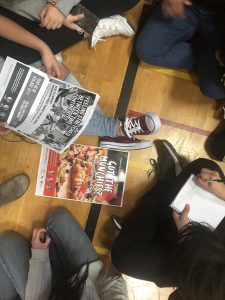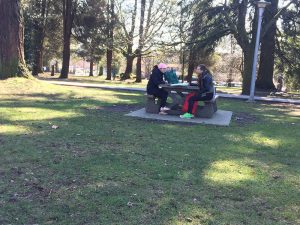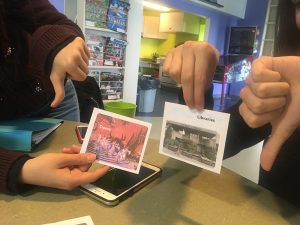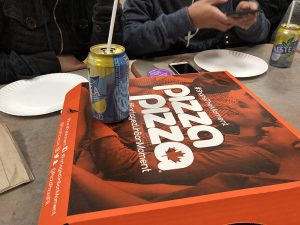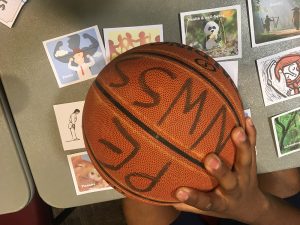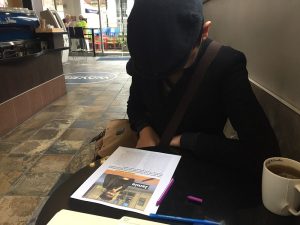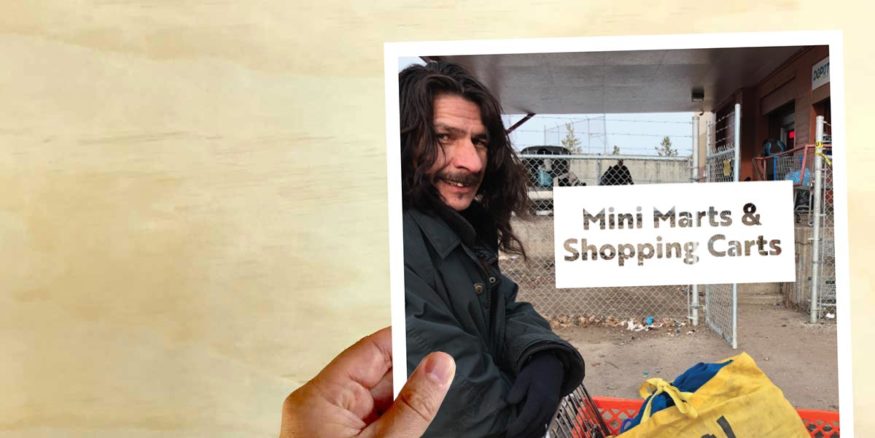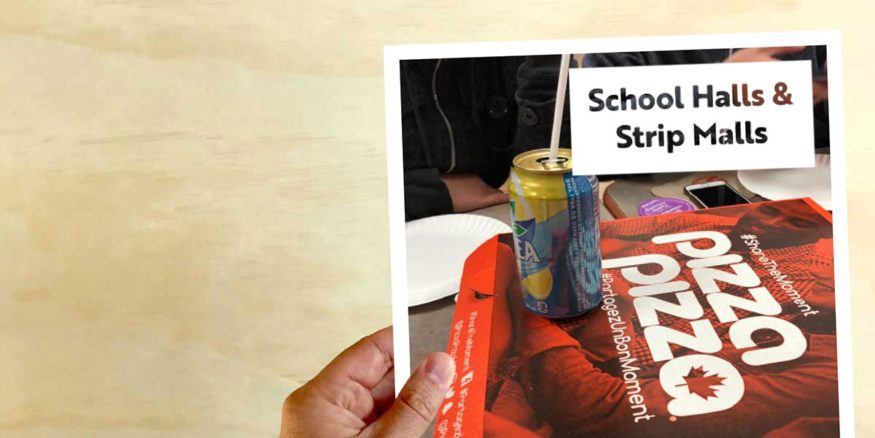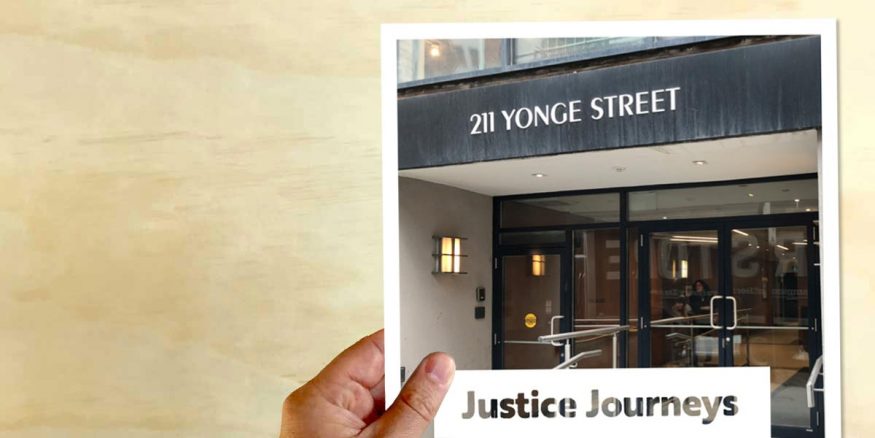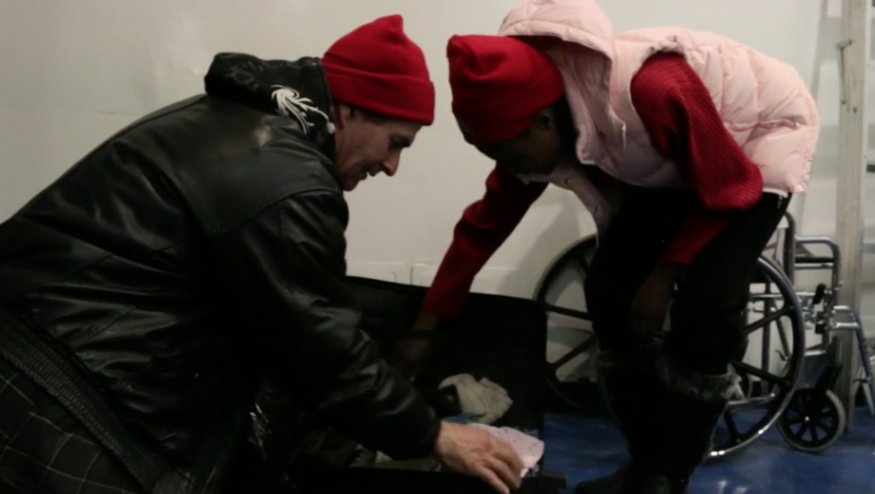
In March, the Office of the Ombudsperson released a report highlighting the urgency for change in how the Mental Health Act is implemented across B.C. This is the Act that gives doctors the authority to hold people deemed at-risk in the hospital. Both the Ombudsperson report and a 2017 report written by the Community Legal Assistance Society talk about the experience of adults being detained. Neither report includes the voices of young people. 2,500 young people in B.C are involuntarily detained every year. We know very little about their experiences. We need to change that.
What is the experience of mental health detention for young people?
We’re working with The Representative for Children and Youth – an independent body in British Columbia that has a direct line to decision-makers – to influence how the Mental Health Act works for young people. We believe that youth have the power to effect change, and that listening to stories is the first step to action.
Here is what it looks like when we listen to stories:
We want to spend time with and talk to young adults (16-24) who were detained under the Mental Health Act when they were 18 years old or younger. We want to hear as much of their experience with detention as they wish to share. What were the ups and downs? Did they know their rights? Did they have access to a lawyer? What supports did they find helpful versus unhelpful? What did they have choice over? What didn’t they have choice over? What would they tell other young people going through a similar experience now?
Our approach is different:
- We go where young people are at, whatever the time of day. We can hang out at the park, in McDonalds, at a house, walking the mall, wherever is comfortable.
- We go at people’s own pace. We have no fixed schedules.
- We give people choice over our topics of conversation.
- We respect people time and compensate for it.
- We invite young people to choose how they want to share their story. It can be included as part of a formal report. It might also look like a podcast, a video, a zine.
- We return the stories we create. Stories can use real first names or an alias, whichever is preferred.
Where does this research go?
This research will go to the B.C Representative for Children and Youth, and shape recommendations on young people’s rights under the Mental Health Act. Youth can decide if they want their story included in a formal report to decision-makers, and tell us what other forms they’d like their voice to take.
More about us:
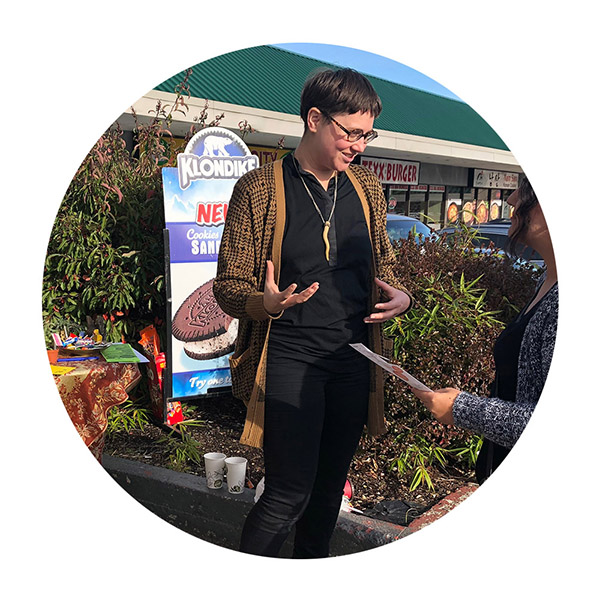
We are part of a team that spends time across Canada meeting people in all kinds of situations. We are not social workers, youth workers or therapists. We are designers, writers, flamenco dancers, and snowboard instructors from the US, Chile and Canada who work alongside people to tell their stories.
What brings us together is that we really believe programs and policies have to start with people. Email [email protected] with questions!
